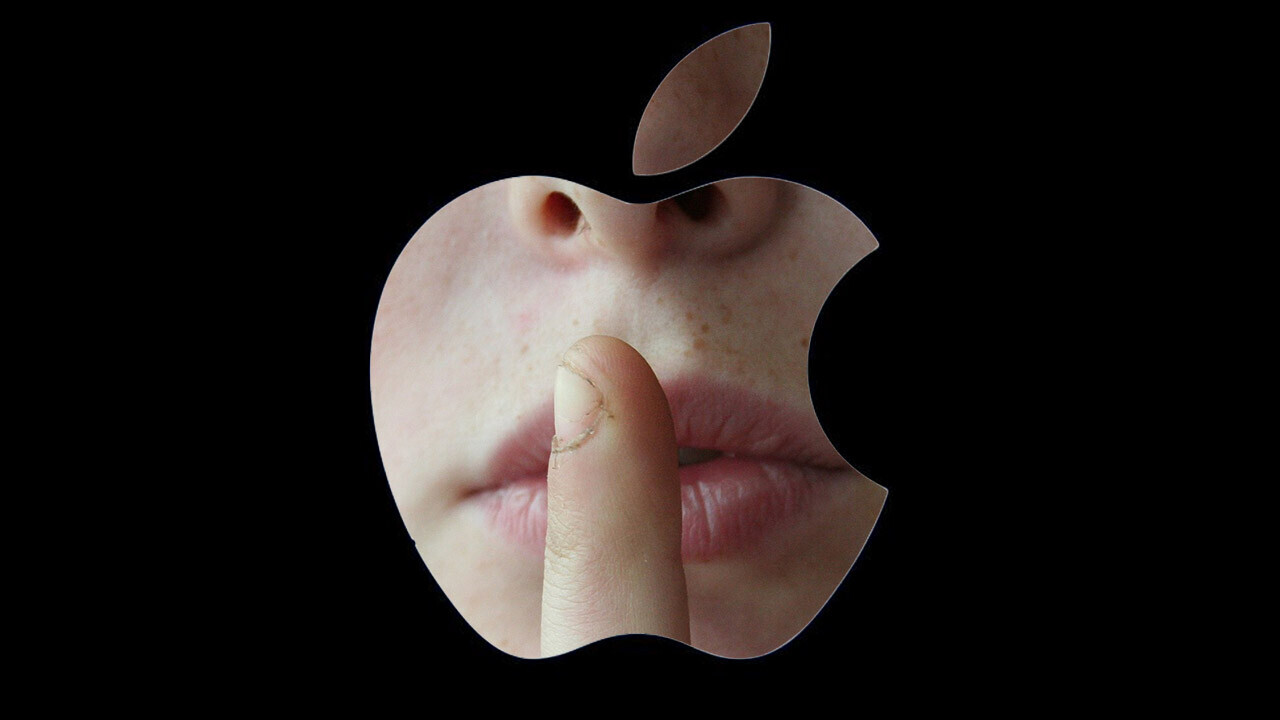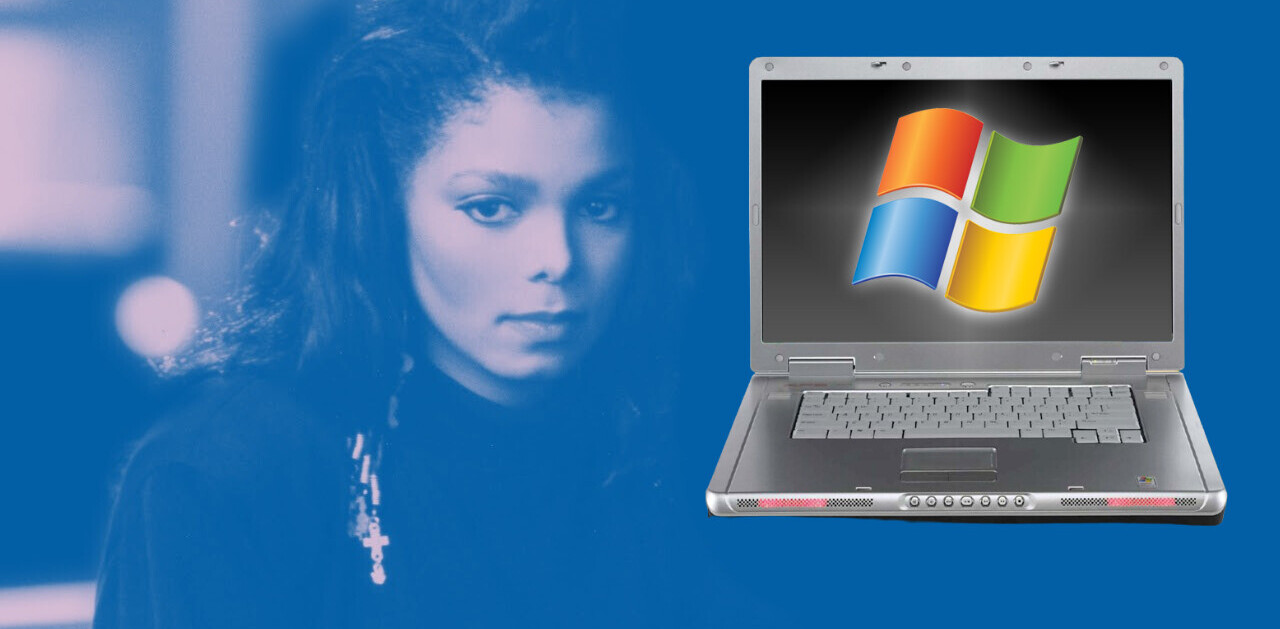
A new report by public policy research organization Citizen Lab has highlighted Apple’s censorship in regions such as China, Hong Kong, and Taiwan.
The company offers engraving services to let customers personalize Apple products they’re buying with emojis, names, or other characters.
The investigation says that Apple has a huge list of disallowed phrases — some of them being arbitrary — that it doesn’t engrave on iPhones, iPads, and AirTags sold in these regions. It also noted that in regions like Hong Kong and Taiwan, the company censors words that aren’t banned by law of the land.
“Much of this censorship exceeds Apple’s legal obligations in Hong Kong, and we are aware of no legal justification for the political censorship of content in Taiwan,” the report said.
The Canada-based organization noted that Apple roughly bars 1,075 words in Mainland China, 542 words in Hong Kong, and 397 words in Taiwan for engraving.

In Mainland China, Apple’s censorship list for engraving includes a high number of political words, and weirdly, even references to people with the surname “Zhang.” The company also bans words and phrases such as “Human rights,” “Dalai,” and “Freedom of the press.”

Apple has also banned words such as “Chairman Mao” and “Falun Gong” in both Taiwan and Hong Kong, apart from Mainland China.
In response to the report, the company said that it handles engraving locally and there’s no global list of banned words.
We try to not allow requests which could represent trademark or intellectual property violations, are vulgar or culturally insensitive, could be construed as inciting violence, or would be considered illegal according to local laws, rules, and regulations of the countries and regions where we personalize and where we ship.
The Cupertino-based tech giant also added that the reviewing activity is manual, and some words are rejected by mistake, and there’s a correction process for those cases.
You can read Citizen Lab’s entire report here.
Get the TNW newsletter
Get the most important tech news in your inbox each week.





